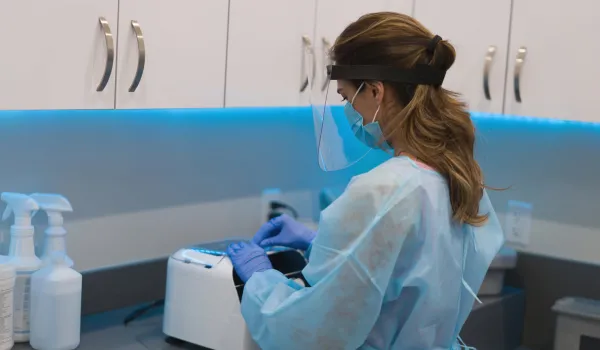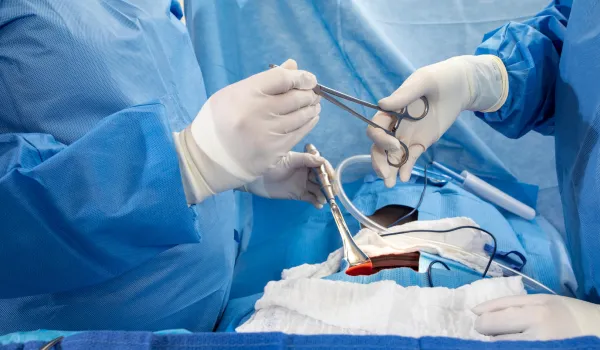Concorde Staff

According to Lighthouse International, 4 percent of the worldwide blind population is made up of children. And according to the Health Alliance Plan of Michigan, close to one in 20 children ages 3-5 "has a problem that could result in permanent vision loss if left untreated."
So how do we keep a child's vision strong? With a keen eye toward noticing any change from the norm and a quick reaction to involve the appropriate health professionals when the need arises.
REGULAR EXAMINATIONS ARE IMPORTANT
Children who show no signs of vision impairment should have their eyes checked around 6 months of age, again around 24 months, before first grade and every 2 years after that, says the American Optometric Association. Examinations can help rule out and treat conditions such as:
- Crossed eyes
- Wandering eyes
- Hereditary vision problems
- Legal blindness
- Color blindness
- Nearsightedness, farsightedness and astigmatism
If your school nurse or pediatrician thinks there is a problem and refers you to a specialist, you should absolutely follow through. Letting a child's eyesight problems go on too long can impair a child's ability to learn and live a whole and healthy life.
SIGNS YOUR CHILD MAY NEED HER VISION CHECKED
Although the above schedule is acceptable for children without eyesight problems, your doctor may recommend more frequent examinations if you are keeping track of a possible issue. You should also schedule an appointment with your doctor if you notice any of the following signs:
- Squinting or strange cocking of the head while reading, gazing at distant objects or watching television
- Disinterest in any of the above activities
- Chronic redness or tearing, or constant eye rubbing
- Poor focusing or abnormal eye alignment
And of course, if your child is old enough to complain about not seeing very well, or if she experiences a traumatic injury to the area, you should take her in right away.
WAYS TO PROTECT CHILDREN'S EYESIGHT
Aside from the exam-related eye issues an ophthalmologist or optometrist would handle, parents and health professionals must also learn to police the environments their children and patients occupy. This is true whether you are preparing a living space at home or the waiting area at the office. Some more tips follow:
Limit children to age-appropriate toys. Although you cannot guarantee your child's eye safety, or the safety of children in a classroom or play area, you can do a lot to prevent accidents. Keep scissors, pins and other sharp objects away from kids who are too young or irresponsible to use them wisely.
Keep decorative objects with sharp points, corners or embellishments off of ground level. Kids can trip and fall onto such an object and injure their eyes. You should also have children wear eye protection during rough team sports, when cooking and when dealing with chemicals that could harm their eyesight.
No child is too young to learn that the sun is dangerous. Teach kids from an early age not to stare into the sun, even if they are wearing sunglasses. Explain to them that the sun can cause them to lose their eyesight permanently, and encourage them to share this information with their friends. Eye health is important, and they should never be afraid to share what they know!

Take The Next Step Towards a Brighter Future
We have a Concorde representative ready to talk about what matters most to you. Get answers about start dates, curriculum, financial aid, scholarships and more!



